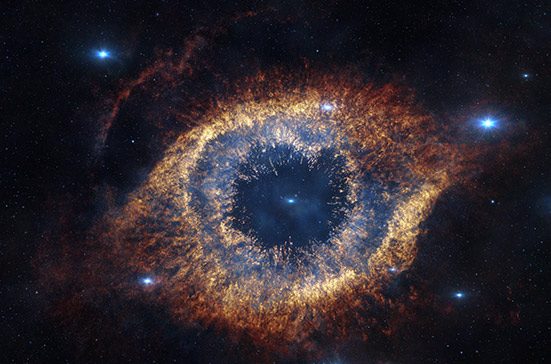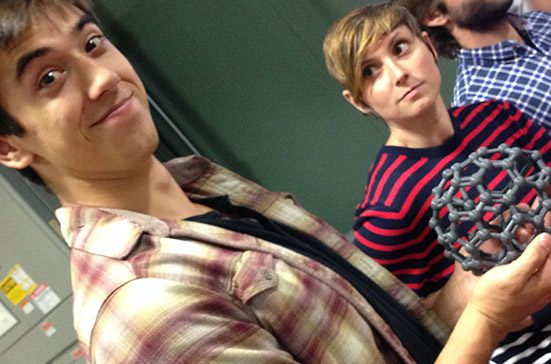Astronomy
Astronomy
The mission of the Astronomy Department at College of Alameda is to introduce students to the Universe and insight into its mysteries.
Students will learn how observations have shaped theories of basic astronomical phenomena and the evolution of the Universe.
- Differentiate between planets, stars, galaxies, and the universe in terms of scale.
- Explain and discuss basic astronomical phenomena, including the seasons, the phases of the moon, eclipses, and planetary motion.
- Explain and discuss the origin, development, and properties of planetary systems, stars, galaxies, and the universe.
- Explain how theories in astronomy are based on observations.
ASTR 1, Introduction to Astronomy. 3 units, 3 hours lecture. Recommended preparation: Math 201 or 210D, and 202. Introduction to the universe and insight into its mysteries: Development of modern astronomy, light, astronomical instruments, a brief survey of the solar system, the Sun, the stars, novas and supernovas, neutron stars, black holes, galaxies, and cosmology.
With a degree in Astronomy you can do basic and applied research, engineering, and science education.
Alumni Success
What I realized is that there are a lot of people who really want to help you. Like if you want to transfer, they will help you get there.


